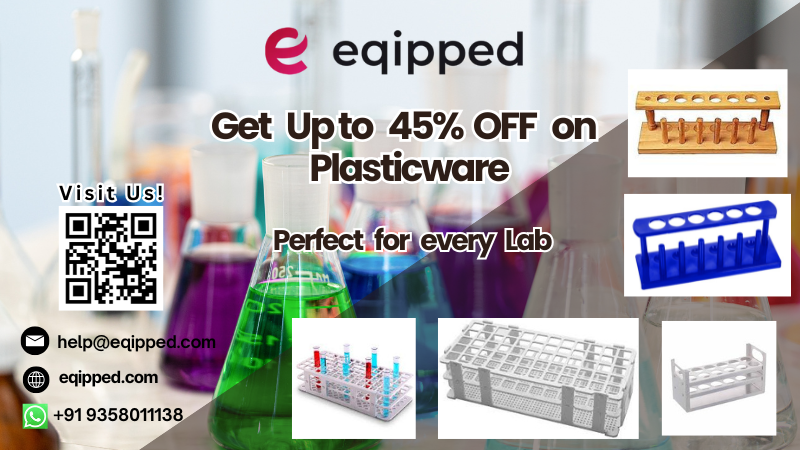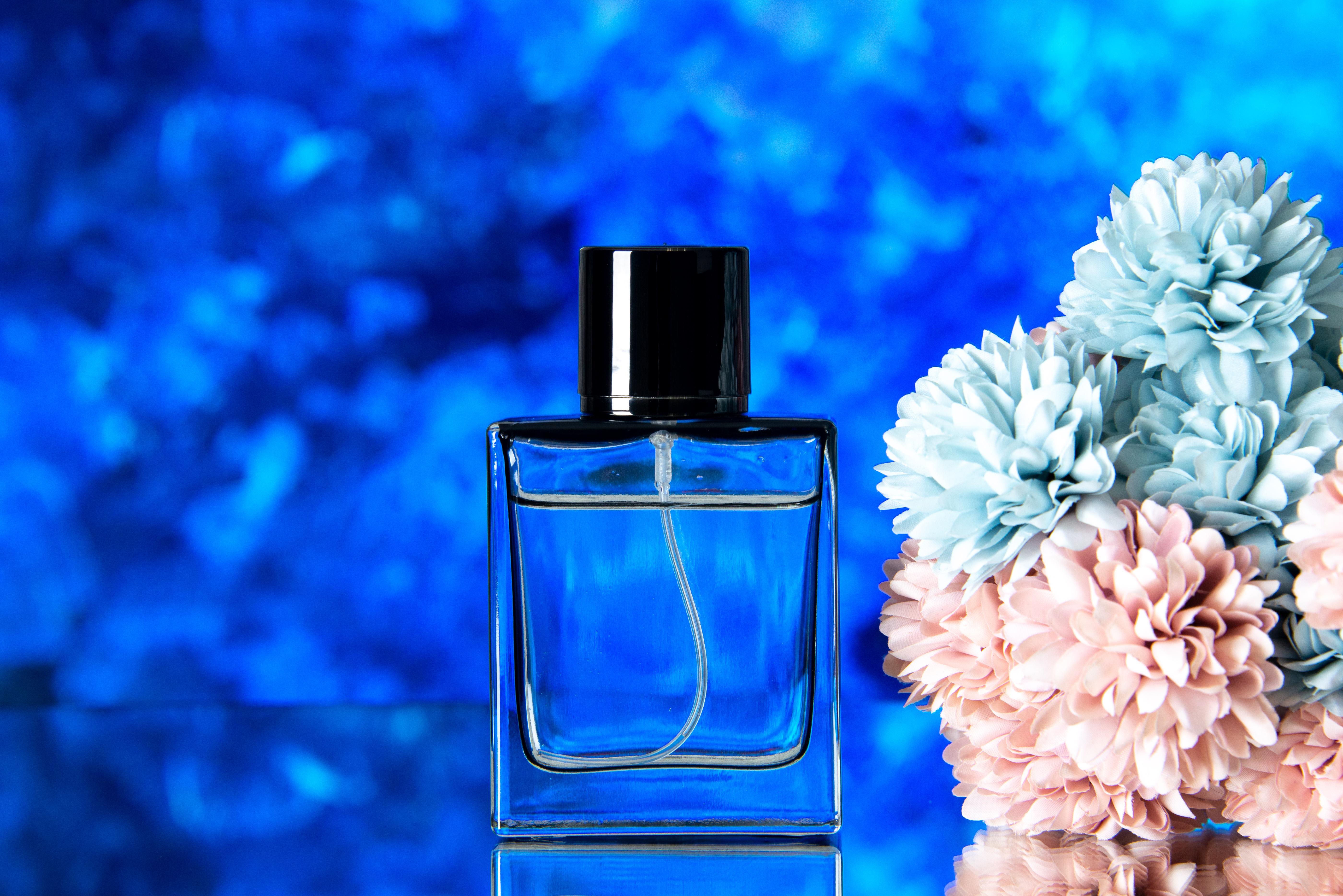Laboratory Plasticware: Essential Tools for Student and Educational Laboratories

Laboratory plasticware plays a pivotal role in educational institutions, from schools and colleges to specialized training centers. It provides students with safe, reliable, and versatile tools to conduct experiments, learn laboratory techniques, and understand scientific principles. Unlike traditional glassware, plasticware combines durability, affordability, and safety—making it ideal for teaching laboratories where repeated handling and experimentation are common.
Why Plasticware Is Important in Educational Labs
Student laboratories face unique challenges compared to professional research labs:
Safety: Students are often learning proper lab practices, and the risk of glass breakage is high. Plasticware reduces injuries and prevents accidents.
Durability: High-quality plastics can withstand repeated use, drops, and rough handling by beginners.
Cost-Effectiveness: Educational institutions often require large quantities of lab equipment. Plasticware is more affordable than glassware, reducing replacement costs.
Ease of Use: Lightweight and portable plasticware allows students to handle liquids and samples easily without strain.
Minimized Contamination: Disposable plastic items like petri dishes, pipette tips, and microcentrifuge tubes help maintain hygiene and prevent cross-contamination during experiments.
Types of Laboratory Plasticware for Students
Educational laboratories typically use a variety of plasticware depending on the type of experiment:
Beakers and Flasks
Plastic beakers and flasks, usually made from polypropylene or polyethylene, are ideal for mixing, heating, and storing liquids. They provide accurate volume measurements and are resistant to most chemicals used in classroom experiments.
Pipettes and Droppers
Plastic pipettes and droppers allow students to handle liquids safely and accurately. Disposable pipettes prevent contamination and are perfect for titrations, sample preparation, and basic chemical experiments.
Test Tubes and Centrifuge Tubes
Plastic test tubes and centrifuge tubes are durable alternatives to glass. They are used for storing liquids, observing reactions, and conducting small-scale experiments. In advanced educational labs, centrifuge tubes help students learn centrifugation techniques safely.
Petri Dishes
Plastic petri dishes are essential for microbiology exercises, including culturing bacteria or fungi. Disposable polystyrene dishes maintain sterility, provide clarity for observation, and eliminate the risk of contamination.
Storage Bottles and Wash Bottles
HDPE plastic bottles and wash bottles are practical for storing reagents and dispensing liquids safely. They are lightweight, durable, and resistant to chemicals typically used in educational labs.
Advantages of Using Plasticware in Student Labs
Enhanced Safety: Reduced risk of cuts, spills, and chemical exposure.
Durable and Long-Lasting: Can withstand repeated use by multiple students.
Cost-Effective: Affordable, especially for large classes and experiments requiring multiple items.
Ease of Handling: Lightweight and easy for students to carry and use.
Disposable Options: Single-use plasticware minimizes contamination and simplifies cleanup.
Supports Learning: Enables students to focus on learning scientific concepts without worrying about equipment damage.
Best Practices for Students Using Laboratory Plasticware
Select the Right Material: Use polypropylene or polyethylene for general experiments and polystyrene for disposable, sterile tasks.
Check Volume Markings: Ensure graduated beakers, flasks, and pipettes provide accurate measurements.
Avoid Overheating: Only use plastics rated for moderate heat; polystyrene should not be heated.
Proper Cleaning: Reusable plasticware should be cleaned according to guidelines to prevent contamination.
Safe Storage: Store in a dry, clean place to prolong lifespan and prevent damage.
Inspect Regularly: Check for cracks, discoloration, or cloudiness and replace damaged items immediately.
How Plasticware Supports Learning Outcomes
Hands-On Experience: Students can safely handle liquids, perform titrations, and conduct experiments without fear of breakage.
Reproducibility: Durable plasticware ensures consistent results for repeated experiments.
Introduction to Laboratory Practices: Students learn essential techniques such as pipetting, centrifugation, and sample handling with minimal risk.
Microbiology Training: Sterile, disposable plasticware allows safe observation of microorganisms.
By integrating plasticware into classroom activities, educational labs can provide both safe and effective learning experiences for students.
Environmental Considerations
While plasticware offers many benefits in education, sustainability is important:
Use recyclable plastics wherever possible
Minimize disposable items without compromising safety
Properly segregate and dispose of used plasticware
Explore biodegradable alternatives for non-critical applications
Sustainable practices allow institutions to balance safe, effective learning with environmental responsibility.
Selecting Laboratory Plasticware for Educational Labs
When purchasing plasticware for schools or colleges, consider:
Material Quality: Ensure plastics can handle chemicals used in curriculum experiments.
Durability: Choose plastics that withstand repeated student use.
Size and Volume: Select items with clear, accurate measurements suitable for classroom experiments.
Sterility Needs: Use disposable plastics for microbiology or biological experiments to prevent contamination.
Supplier Reliability: Trusted suppliers provide consistent, high-quality products.
For a wide range of educational laboratory plasticware, visit Eqipped Laboratory Plasticware Collection
, offering items designed for safety, durability, and learning efficiency.
Conclusion
Laboratory plasticware is indispensable in educational and student laboratories. Its safety, durability, and versatility allow students to conduct experiments effectively while learning essential scientific techniques. From beakers and pipettes to petri dishes and centrifuge tubes, choosing the right plasticware enhances learning outcomes, ensures accurate results, and promotes a safe laboratory environment.
By integrating high-quality plasticware into educational labs, institutions can provide students with hands-on scientific experience, preparing them for professional research and industry practices.
FAQs About Laboratory Plasticware in Educational Labs
Q1: Why is plasticware preferred over glass in student labs?
Plasticware is safer, more durable, and cost-effective, reducing the risk of injuries and breakage.
Q2: Which plastic materials are suitable for classroom experiments?
Polypropylene (PP), polyethylene (PE), and polystyrene (PS) are commonly used depending on the experiment.
Q3: Can students reuse plasticware?
Yes, durable plastics like polypropylene and polycarbonate can be cleaned and reused safely.
Q4: How do disposable plastic items help in learning labs?
They prevent contamination, simplify cleanup, and ensure sterility for microbiology or sensitive experiments.
Q5: Where can I buy laboratory plasticware for educational purposes?
Suppliers like Eqipped offer a wide selection of high-quality, durable, and affordable plasticware for student and educational laboratories.







